how to break up sentences: In this lesson, you will learn, how to break up with someone in super advanced, C1 to C2 level English. Now, this is something I hope you never have to do, but if you are going to do it, you might as well do it in style. Am I right? In this lesson, we will be looking closely at advanced vocabulary, idioms, phrases, advanced grammatical structure, advanced sentence structure, etc.
First, I will give you a short paraphrase or a few lines to read, then I will pick advanced vocabulary words or sentence structure to explain to you.
How to Break up Sentences and Advanced Vocabulary
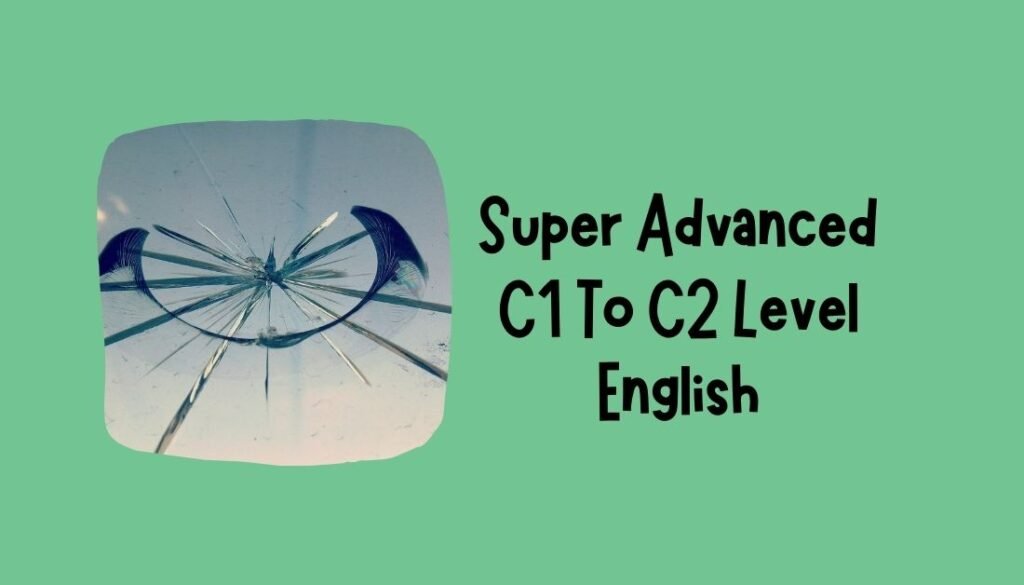
- It’s not you. It’s me
- I love you. I’m just not in love with you
- I need space
- You deserve better
- Chalk and cheese
- To call a spade a spade (idiom)
- The odds are (advanced structure)
- As good a relationship as (advanced comparative)
- To wax and wane
- A jealous streak
- To seem (verb)
- Indisputably (adverb)
- Variety is the spice of life (proverb)
- I be (advanced grammatical structure)
- Hasn’t been taken (passive voice)
Common phrases used while ending the relationship

Before I get into the speeches that I’ve created to help you break up with someone. First, I want to talk about a few clichés that you might have heard in films on TV or even read in books. Maybe you’ve even heard them in real life. These are phrases that people often say to end a relationship, but they don’t usually express what the speaker really means. So I’m going to translate them for you.
1. It’s not you. It’s me
- Meaning: It is a polite way or kinder way of saying they are not into you anymore for whatever the reason might be. People believe this is the kindest way to take a step back from the relationship without hurting someone.
2. I love you. I’m just not in love with you
The next one. Oh, this one’s painful. I love you. I’m just not in love with you.
- Meaning: it means that they might see you more as a friend.
3. I need space
The next one, I’ve heard this one before. Heartbreaking.
- Meaning: If someone needs space, they need space away from you. (That relationship didn’t work out for me) [how to break up sentences]
4. You deserve better
This phrase is triggering. I guess when someone says this, they just can’t think of anything better to say. That’s a major red flag.
- Meaning: that if someone is not willing to make the change to improve the relationship he/she won’t be able to keep up with your expectations.
Dislaimer! the following levels are for Only for ENTERTAINMENT PURPOSES. I don’t recommond that you try to break with someone and also aim for C1, C2 level of vocabulary. I do think this is the advanced and intresintg way of teaching vocabulary.
Level – 1 (Basic)
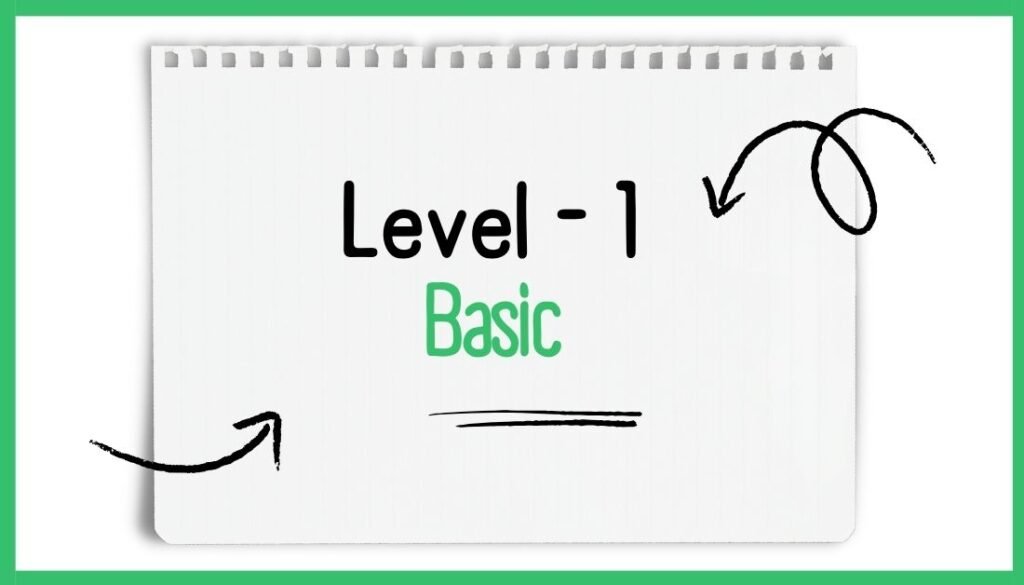
“I’m not happy. This isn’t working. We need to break up.”
This is going to be a very basic way to break up with someone. Because this is going to be brutal. Now, I don’t think there are any really good ways to break up with someone.
Level – 2 (Advanced)
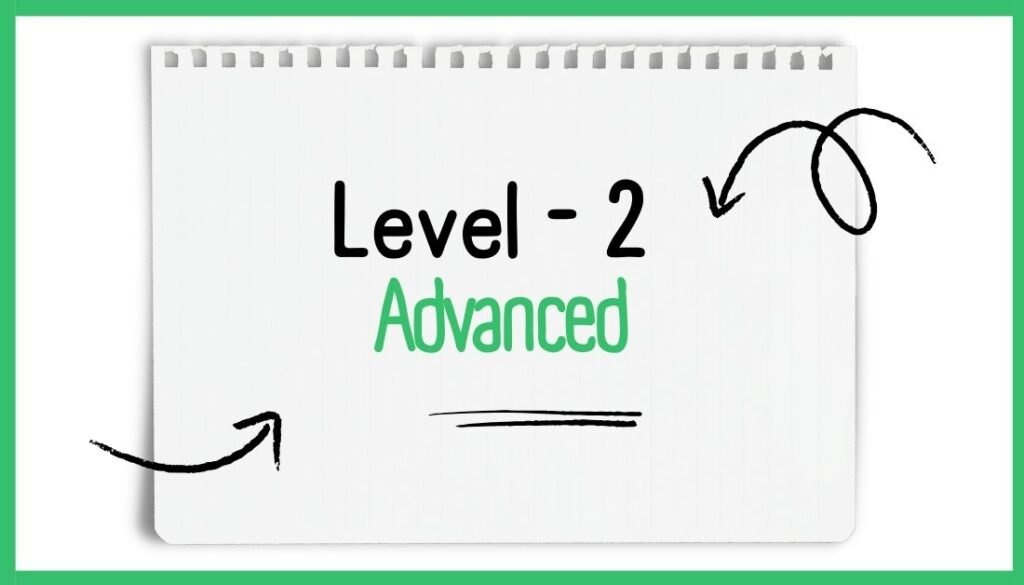
You’re a fantastic person, and I’ve treasured the moments we’ve shared. But I’ve been reflecting a lot lately, and it’s become clear that we’re as different as chalk and cheese. Let’s call a spade a spade – our paths are heading in completely different directions. The odds are that we’re just going to make each other miserable in the future. This has been as good a relationship as I’ve ever had, but I think we need to acknowledge reality and go our separate ways. [how to break up sentences]
1. Chalk and cheese
- Meaning: which means completely different.
- Explanation: We can say that people or things are like chalk and cheese or are as different as chalk and cheese. Notice the pronunciation of and. In this phrase, we drop the ‘d’ sound of ‘and’ and I say n, chalk n cheese. We call chalk and cheese a binomial, and in a binomial, there are two words separated by a conjunction, and the conjunction is often and, said as n. The word order is usually fixed. It’s always chalk and cheese and never cheese and chalk.
- Synonyms: pride and joy
- Opposites: ups and downs.
2. To call a spade a spade (idiom)
- Meaning: means to tell the truth and say exactly what you think, even if it’s not polite, even if it’s going to hurt someone’s feelings.
3. The odds are (advanced structure)
- Meaning: we use to say how likely it is that something will happen.
- Explanation: You saw this phrase in the sentence, “The odds are that we’re just going to make each other miserable in the future,” meaning it’s likely that we will make each other miserable.
- Example: the odds are that Jane and Ellie will break up soon. [how to break up sentences]
4. As good a relationship as (advanced comparative)
- Meaning: This means that the relationship was as good as or equally good as any other relationship the person has had.
- Sentence Structure: The structure is as + adjective + a OR an + noun + as.
- Example: You’re as patient a partner as I could wish for.
- You’re as perfect a match as I could ever hope for.
Students also read: C1 Verb List: 20 Advanced Verbs in English
Level – 3 (More advanced)
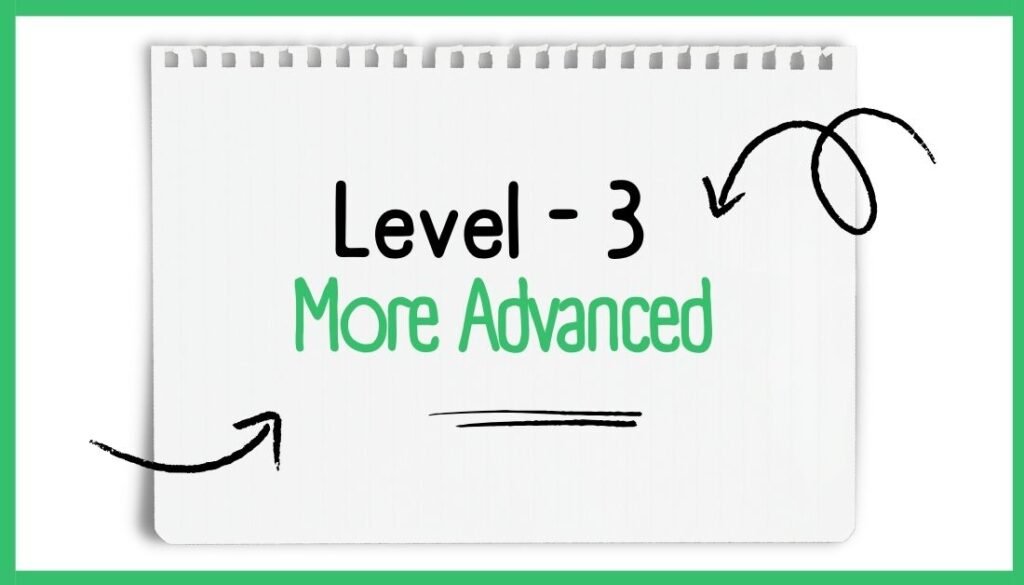
Our relationship has experienced its share of waxing and waning. You know that I’ve always had a jealous streak, but lately, I’ve been feeling there’s a lack of trust between us. It’s been an honor to have been a part of your life, and I’ve cherished our time together. However, given that trust is fundamental, we would be better off parting ways. Tough to hear, but trust, trust is essential in a relationship.
1. To wax and wane
Let’s look at some of the vocabulary and structures in this text. The first one, to wax and wane, to wax and wane. This is another binomial with two words with opposite meanings. I will say that this is quite an old-fashioned idiom, and we don’t tend to use the words separately. Wane maybe, but wax in this context, not as much.
- Meaning: To wax is to grow stronger. To wane is to grow weaker. To wax and wane, to grow stronger and weaker.
- Explanation: It comes from the phases of the moon. When the moon is getting bigger, it’s waxing. When it’s getting smaller, it’s waning. [how to break up sentences]
2. A jealous streak
- Meaning: A streak is a characteristic, and it’s often an unpleasant one. If someone has a jealous streak, they have a tendency to be jealous sometimes.
- Collocations: a stubborn streak, a vicious streak, a nasty streak, an independent streak.
Level – 4 (most advanced)
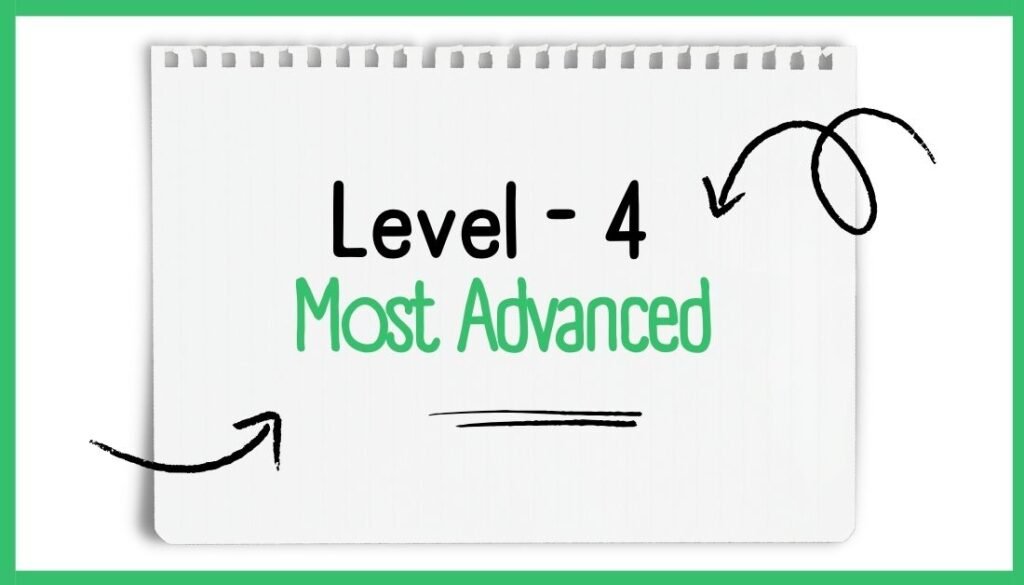
It seems that our paths in life are diverging. We’ve indisputably had some incredible moments together, but it’s imperative that I be true to myself. Recently, it’s become apparent to me that variety is the spice of life, and I feel a powerful need to explore diverse relationships. This decision hasn’t been taken lightly, but it’s essential for both of us to prioritize our individual happiness and fulfillment.
1. To seem
Firstly, I want to highlight the verb to seem. And I know this is not an advanced verb, so you may already know
- Meaning: It means to appear.
- Explanation: One common use of this verb is to make what we are saying less forceful. It softens it, often when we’re not sure whether what we’re saying is true or if we want to be polite. This is a skill that we call hedging. You often see “to seem” in the structure like, it seems that, or it seems to me that. I
- For example: It seems that Jeremy is looking to end the relationship, I don’t know for sure.
2. Indisputably (adverb)
The next word I want to draw your attention to is “indisputably” This is an advanced adverb.
- Meaning: a way that is true or cannot be disagreed with. This adverb indisputably emphasizes or boosts what we’re saying.
- Similar adverbs: Other similar adverbs include undeniably and unquestionably.
3. Variety is the spice of life (proverb)
Now I want to talk about the phrase variety is the spice of life. It’s a proverb.
- Meaning: It means new things and changes make life more interesting.
This is probably one of the worst things that you could say during a breakup because it makes the person think that you want to date other people.
3. I be (advanced grammatical structure)
Read this sentence, “it’s imperative that I be true to myself.” You can see I be instead of the usual I am.
- Type of sentence structure: This is an example of the subjunctive mood, which we use to express possibilities and wishes.
- If we use the subjunctive mood in the present tense with the verb to be, we use be for all subjects. I be, you be, he be, she be.
- We use the base form with all subjects. So instead of she goes, the subjunctive is she go.
- Example:
- I propose that you be completely honest about the reasons why you want to break up.
- it’s my recommendation that she end the relationship immediately.
4. Hasn’t been taken (passive voice)
Finally, I want to look at the passive voice. You saw it in this sentence, “This decision hasn’t been taken lightly.”
- Passive voice: Hasn’t been taken is an example of the present perfect simple passive voice. Has not been + the past participle.
- Explanation: In this case, the passive voice makes the sentence very impersonal by not naming the person who made the decision. And it’s more commonly heard from leaders like politicians or people in business who don’t want to take responsibility for something.
- Example: Let’s see how politicians would use it, “Mistakes have been made. Promises have been broken” They’re not saying I made a mistake or we broke promises. They always say, “They have been broken, They have been made.
Conclusion:
This lesson was about how to use advanced vocabulary while breaking up with someone. Although this lesson was just for fun, I really don’t want our relationship to end. [how to break up sentences] Here, my job was simply to teach something in a fun way. I genuinely hope you’ll be able to remember some of the idiomatic language and advanced structure.
Students also read: